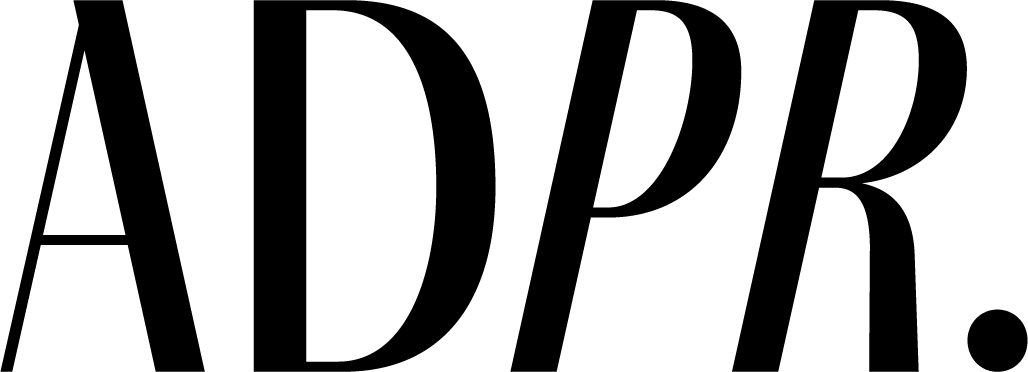How to fact check online news
If you're like me, you've probably been consumed by the news. No matter where you turn there is always major breaking news - look at the Middle East, Ukraine, Armenia and even in our own backyards.
Many of these stories are decades long conflicts and emotions run very deep. There is so much information, let alone misinformation, it can be hard to know what is factual. So, now seemed like a good time to talk about how to fact check the news so you can make your own decisions about what you’re reading.
Please note: With many of these stories, even long-standing trusted news sources are having trouble fact checking and/or taking longer than usual. So please use this as a general starting point for any online story and remember to apply your own critical thinking. Asking questions is part of being engaged.
1 - Find the Source
If you’re reading something on social media, click on the link in the post to take you to the original story so you can see if it comes from a trusted source. You can use a search engine if you can’t find any information about where the story originally came from. Defining a “trusted source” is somewhat subjective but here are some things to consider:
Does this media outlet clearly mark opinion columns as opinion?
Do they disclose conflicts of interest?
Do they indicate where information was obtained?
Do they link to appropriate source material?
2 - Verify the Source
Whether it’s a website, photo, video, or online story, find out who originally created it. You can’t always confirm that something is false, but if the source isn’t reliable, you have good reason to question it. Do they really exist? Are they who they say they are? Are they trustworthy? Do they have supporting images or video? Are they stating an opinion or is there data to back up the claim? Does the media outlet publish their editorial code of conduct / journalistic standards? Look at their body of work and their track record. If someone is acting as an authority, find out whether they’re an expert on that topic. Do another search and make sure they are an authority in the right field.
3 - Consider Objectivity and Bias
We all inherently have biases that are shaped by our worldviews and lived experiences, but it’s important to understand how those biases could impact the narrative of a news story. Consider if the reporter is a member of the community they are reporting on. While this could influence a story, it also may not, but it is important to know so you can examine the story with a critical lens.
Has a reporter or outlet historically demonstrated a lack of objectivity or do they have a good reputation? Is the source a state controlled media outlet? It’s important to note that state controlled media is different from state funded. State controlled means the governing power influences or controls the news, while state-funded means they receive government funding, but it can operate independently. Does the media outlet demonstrate a political preference choosing to favour one side of the political spectrum? These factors can mean a story is factually accurate, but you might not be getting all the facts.
4 - Check Other Sources
Even if you’ve verified the source and believe the facts to be true, I would still recommend checking other sources. Do a search to see if other news outlets are reporting the same story or the same facts. Generally, news sources need at least two independent verifications in order to run with a fact or a story, so it makes sense that you do the same. For this step, you can use the Google News tab. While not every source that’s included is a perfect match, they are all news outlets that really exist.
5 - Fact Checking Tools
There are actually groups of people out there whose singular job it is to fact check. When it comes to election cycles (think a long U.S. election cycle with multiple debates, hundreds of speeches and a lot of candidates), these people are some of the busiest in the media industry. But when big breaking news like a war happens, they’re also on it. A few independent fact checkers I’ve found that you may want to check out are:
The amount of information out there is daunting. Even working in the media industry, I feel it too. But there’s never been a more important time to think before you post, and before you know what to post, make sure you are confident in your facts.



